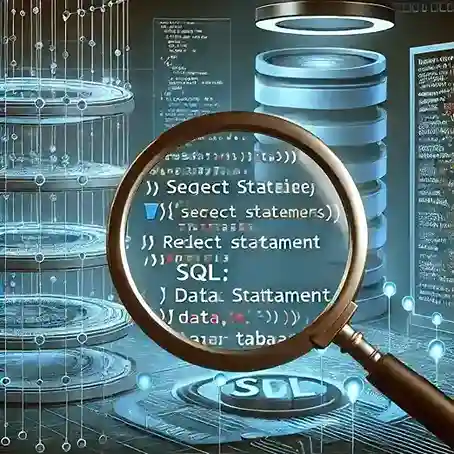Definition and initialization of String and String functions
diagram initialization of String and String functions clang

Understanding Strings in C: Definition, Initialization, and Essential String Functions
Introduction to Strings in C Programming
Strings are one of the most fundamental data types in programming, used to store and manipulate text. In C programming, strings are represented as arrays of characters terminated by a null character (\0). Understanding how to define, initialize, and use strings is crucial for any developer working with C.
In this article, we’ll explore the definition and initialization of strings in C, along with some of the most commonly used string functions like strlen, strcpy, and strcmp. Whether you're a beginner or an experienced programmer, this guide will help you master string manipulation in C.
What is a String in C?
In C, a string is a sequence of characters stored in a character array. The end of the string is marked by a special character called the null character (\0). This null character is automatically added by the compiler when you initialize a string using double quotes.
How to Define and Initialize Strings in C
There are several ways to define and initialize strings in C. Below is an example of declaring and initializing a string using a character array:
#include <stdio.h>
int main() {
// Declaration and initialization of a string
char myString[] = "Hello, Developer Indian World!";
// Print the string
printf("%s\n", myString);
return 0;
}
In this example:
-
char myString[]declares a character array. -
"Hello, Developer Indian World!"initializes the array with the specified string. -
The
%sformat specifier inprintfis used to print the string.
Commonly Used String Functions in C
C provides a rich set of built-in functions for string manipulation, available in the string.h library. Let’s explore some of the most commonly used string functions:
1. strlen - String Length
The strlen function returns the length of a string, excluding the null character.
#include <stdio.h>
#include <string.h>
int main() {
char myString[] = "Hello, World!";
// Get the length of the string
int length = strlen(myString);
// Print the length
printf("Length: %d\n", length);
return 0;
}
2. strcpy - String Copy
The strcpy function copies the contents of one string to another.
#include <stdio.h>
#include <string.h>
int main() {
char source[] = "Hello, World!";
char destination[20]; // Ensure the destination has enough space
// Copy the string
strcpy(destination, source);
// Print the copied string
printf("Copied String: %s\n", destination);
return 0;
}
3. strcmp - String Compare
The strcmp function compares two strings and returns:
-
0if the strings are equal. - A negative value if the first string is less than the second.
- A positive value if the first string is greater than the second.
#include <stdio.h>
#include <string.h>
int main() {
char str1[] = "Hello";
char str2[] = "World";
// Compare the strings
int result = strcmp(str1, str2);
// Print the result
if (result == 0) {
printf("Strings are equal\n");
} else {
printf("Strings are not equal\n");
}
return 0;
}
Why Are Strings Important in C?
Strings are essential for handling text-based data in applications. Whether you're working on file handling, user input, or data processing, understanding strings and their functions is critical. By mastering these concepts, you can write efficient and effective C programs.
Best Practices for Working with Strings in C
-
Always Allocate Enough Space: Ensure that the destination string has enough space to hold the source string when using functions like
strcpy. - Handle Null Characters: Remember that strings in C are null-terminated. Always account for the null character when calculating string length or copying strings.
-
Use Standard Library Functions: Leverage built-in functions like
strlen,strcpy, andstrcmpto simplify your code and avoid errors.
Conclusion
Strings are a powerful and versatile data type in C programming. By understanding how to define, initialize, and manipulate strings using functions like strlen, strcpy, and strcmp, you can unlock the full potential of text processing in your programs.
Whether you're a beginner or an experienced developer, mastering strings in C is a must. Start practicing with the examples provided in this article, and you'll be well on your way to becoming proficient in C programming.